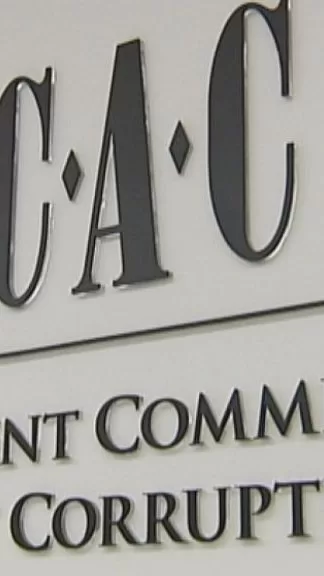- In short: A NSW planning department official referred to ICAC has been suspended with pay.
- The allegation the official allegedly used inside information before buying a Sydney property was raised by Liberal MP Alister Henskens.
- The planning department said the system in NSW relies on integrity.
A senior planning department official accused of using secret information to buy a property in a Sydney redevelopment zone has been suspended with pay pending an investigation.
The allegations of misconduct were made by New South Wales shadow attorney-general Alister Henskens on Thursday.
In a statement on Saturday, the Department of Planning, Housing and Infrastructure (DPHI) said it was taking the “concerning” claims “seriously”.
The bureaucrat purchased a property in the upper north shore suburb of Gordon within one of the government’s planned Transport Oriented Development (TOD) Zones before the policy was made public in December.
The TOD Program would rezone land near dozens of train stations to allow greater housing density.
“The planning system in NSW relies on integrity,” the DPHI said.
“The DPHI secretary has taken steps to satisfy herself of the integrity of the planning system.
“In accordance with standard government practice, while there has been no finding of wrongdoing against any individual at this stage, an officer has now been placed on paid leave.”
Mr Henskens, a Wahroonga MP, used parliamentary privilege to make the accusations based on whistleblower information.
The property is believed to have been purchased on the north shore, where land within 1,200 metres of Hornsby and Crows Nest stations has been earmarked for high and mid-rise buildings.
The NSW government and the DPHI has officially made a formal notification to the Independent Commission Against Corruption (ICAC).
On Friday, Mr Henskens told the ABC he believed an ICAC investigation was not appropriate as it would take too long.
“ICAC takes years to deal with issues. This planning policy is going to come in force in the next two months,” he said.
“What we need is a short, sharp, judicial inquiry with the powers of a Royal Commission to restore integrity in the process.”
